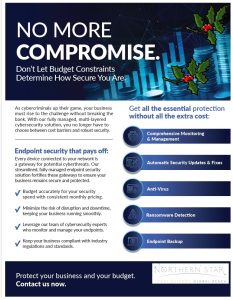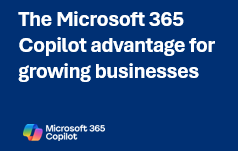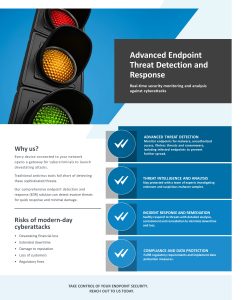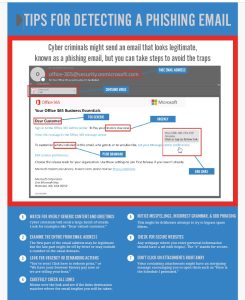
If the time has come to move your small business’s data sharing to a server, or you need to replace your old server, you might be at a loss as to how to choose a new one. But, fortunately, we have a few tips to help you choose the right solution for your business.
In Part 1 of this look at small business servers, we discussed 3 fundamental questions that you should ask yourself before choosing a server for your small business. Now let us take a look at a few more which will help you decide on the right server for your business’s needs.
More Questions to Ask Yourself When Choosing a Small Business Server
1. Will I back up my server regularly?
Backing up your data is certainly beneficial. This way, unexpected accidents can’t prove irrevocable for your business. However, since backing up servers is a relatively technical process, you might want to choose a server that is managed by a professional IT team. Which brings us to…
2. Will I need an in-house IT department?
Sometimes having an in-house IT team is just too expensive for small businesses to manage. If this is the case for you, choosing a server vendor that offers maintenance and support is absolutely your best bet.
Electing a server vendor that offers outsourced IT support is a truly great idea. This way you won’t incur the cost of having to maintain your own IT department. And, should you need the security of IT staff to tend to your server at your premise, the best IT services offer on-site support.
By outsourcing your IT services to your vendor supplier, you end up with a skilled IT team offering 24/7 wrap around – and you can be assured that your support is tailored to the type of server you chose to install.
3. What sort of operating system will my server require?
The type of operating system that you need for your server really depends on your needs. Depending on the amount of data requests, you might need a very capable OS. It is recommended to opt for a robust operating system in order to ensure the stability of applications and accommodate future growth.
4. Do I need multiple servers?
As a small business you might want multiple servers but not have the resources or space allowances for them. If this is the case, you can implement virtualization to create multiple servers. Using software referred to as a hypervisor, you can create multiple virtual servers out of your single physical server, which is a very popular option in the current era.
One main benefit of a hypervisor is isolation, which protects the other servers should one virtual server crash. While this route has multiple other advantages, it does require an operating system that is able to handle the burden of supporting virtual servers.
Outsourcing IT Is the Best Solution for Small Business Servers
As a small business, you want to keep things as simple and inexpensive as you possibly can. For this reason, choosing IT services to supply and manage your server makes the most sense.
Not only do you get IT services that know the finer details of the server and its maintenance, but you don’t incur the cost of having to keep an in-house IT department. With the same service for a fraction of the price, and a reliable server fulfilling all of your business’s needs, outsourcing your IT and letting your new service provider handle your server is a truly brilliant business decision.















